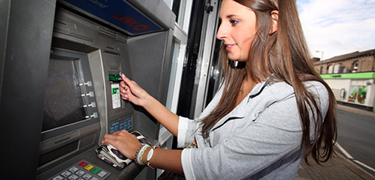Creating a student budget, using an online budgeting tool or app will help you to keep track of your income and outgoings. Work out how much you spend and create a list of wants and needs. This will help you to prioritise your essential costs and look at ways to reduce your spending on non-essential items such as memberships or subscriptions. Changing habits can be challenging but the savings can be rewarding, the Money Saving Expert ‘Demotivator’ is a fun tool to help you cut back and save.
If you are not sure where to begin, have a look at the online budget tools from the Money Saving Expert website or Save the Student which includes a thorough budget planner and guide.

